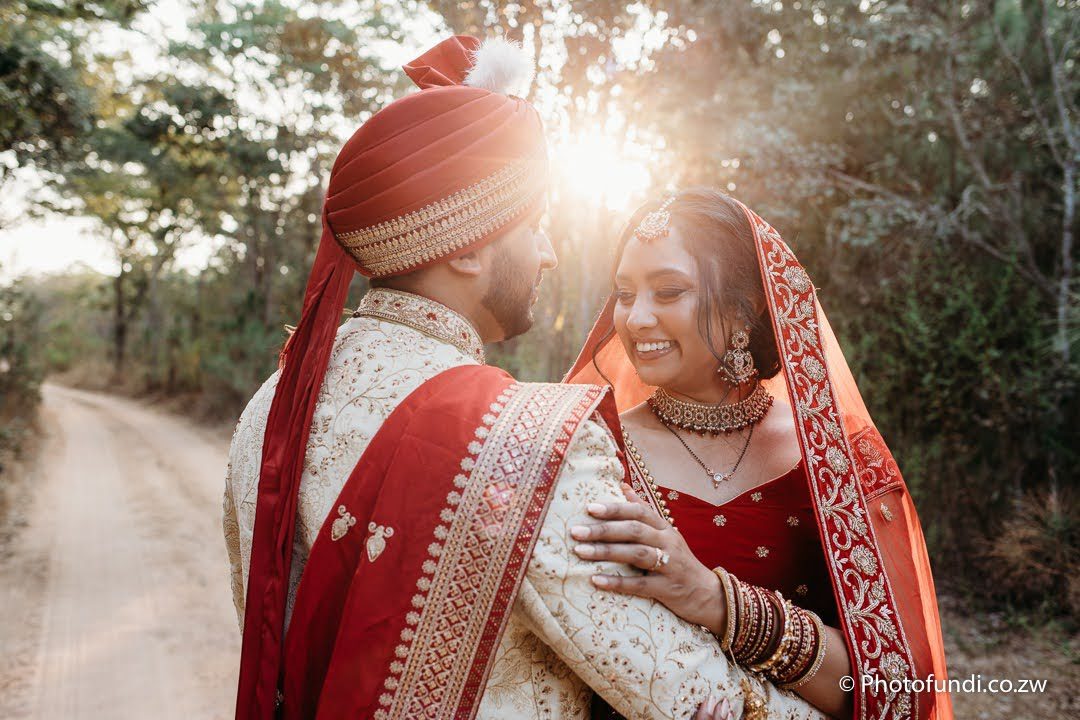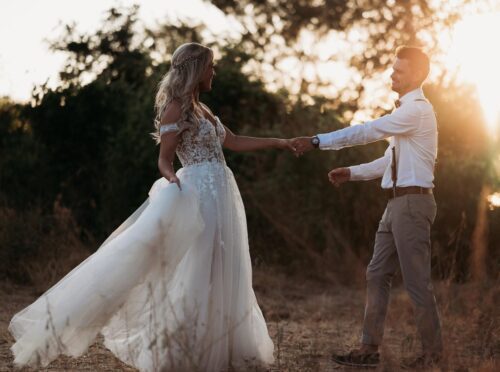While weddings are about a couple coming together in matrimony, they’re also about the blending of two families and are a great time to honour a religion, culture or heritage that holds deep meaning to you and your family. Given that Islam is the world’s second-largest religion, it’s no surprise that weddings celebrated in the Islamic faith are filled with beautiful heritage and wedding rituals passed down from generations. Whether you’re attending a Muslim wedding for the first time or are in throes of wedding planning for your own traditional Muslim wedding ceremony and reception, understanding the intricacies of Muslim weddings is a must.
This beautiful couple’s unity celebrated in Zimbabwe. Humaira and Muhammad had called us in at the last minute to assist with their on-the-day coordination and ensure everything goes according to plan. We loved every moment and
We’re taking a look at what happens at Muslim weddings—from the traditions and customs you should know to the regional differences of Muslim weddings across the globe. Wedding celebrations are all about sharing with your guests why you are getting married and what you mean to each other. They’re also a time when you get to immerse your wedding guests into your customs and rituals fully. However, due diligence is crucial during wedding planning to ensure that you practice given traditions respectfully and responsibly.
The reason for the partition between men and women is the issue of modesty. You must have seen the energetic, happy dancing on both sides of the partition. Dancing together and even watching the dancing of someone of the opposite gender is not considered modest. This might sound somewhat strange in today’s time when there doesn’t seem to be any barriers between men and women, but the partition at the wedding, at the synagogue and at other occasions helps to preserve and safeguard a limited and therefore special connection between the genders. If we preserve the space and boundary between men and women we can cherish our times of closeness all the more, in relationships where closeness is permitted. In other words, a man who is not permitted to see another woman dance, sing or with arms or legs uncovered, will not become desensitized to a woman’s sensuality and appreciate and be attracted to his wife all the more without any kind of distractions.























